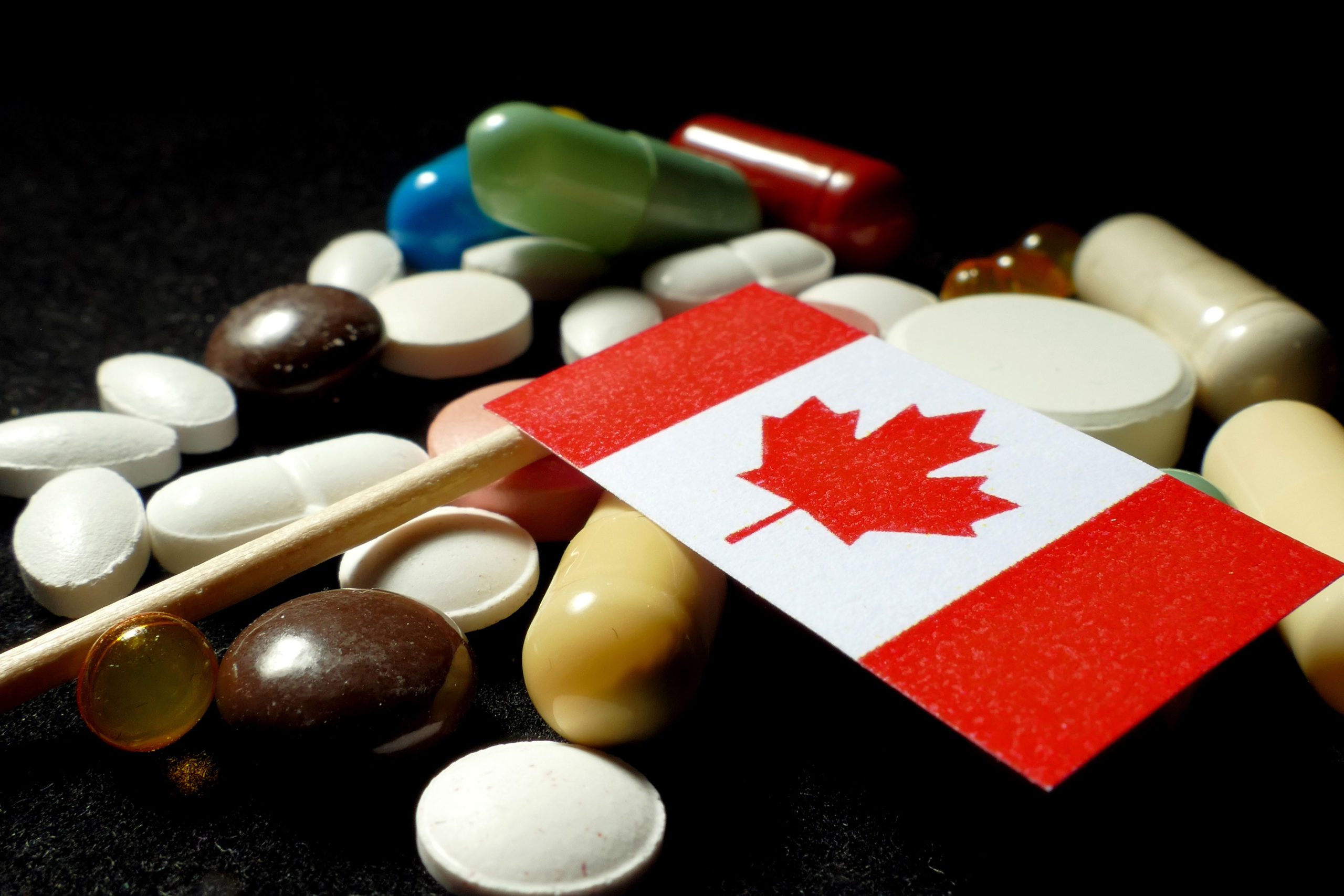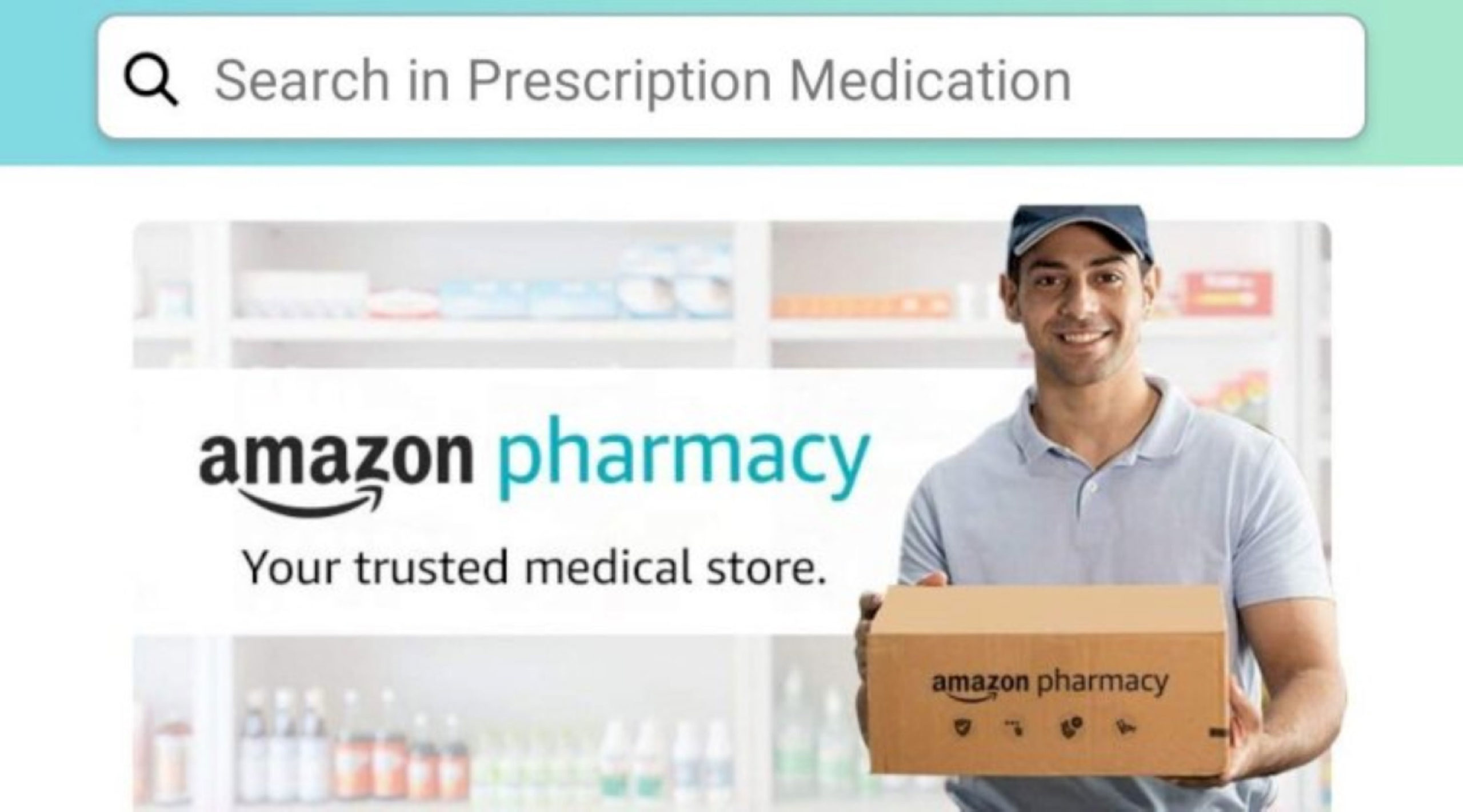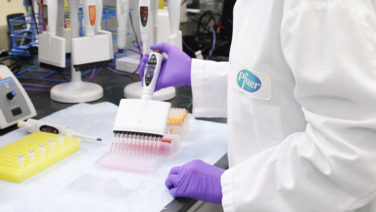Therapeutic Talk: The Negative Stigma Around Therapy Is Turning Around
 Verywell’s “Online Therapy Study” found that 90% of Americans believe that seeking out mental health treatment is a sign of mental strength. During the pandemic, online therapy has become the major medium for those seeking to maintain mental health. The survey was given to more than 1,000 online therapy patients and found that 80% of them used these services to talk to their therapists about politics, the pandemic, racism, the economic recession, and more. “In the past, there’s been fear that asking for help is a sign of weakness,” said Amy Morin, Editor-in-Chief, Verywell Mind, in a statement. “Fortunately, it seems people are starting to recognize that it takes strength to admit you want support, especially during this year, and online therapy offers flexibility that traditional therapy doesn’t.”
Verywell’s “Online Therapy Study” found that 90% of Americans believe that seeking out mental health treatment is a sign of mental strength. During the pandemic, online therapy has become the major medium for those seeking to maintain mental health. The survey was given to more than 1,000 online therapy patients and found that 80% of them used these services to talk to their therapists about politics, the pandemic, racism, the economic recession, and more. “In the past, there’s been fear that asking for help is a sign of weakness,” said Amy Morin, Editor-in-Chief, Verywell Mind, in a statement. “Fortunately, it seems people are starting to recognize that it takes strength to admit you want support, especially during this year, and online therapy offers flexibility that traditional therapy doesn’t.”
People are finding therapy beneficial for a number of stressors. For instance, 71% found online therapy helpful for their apprehension over sending their kids back to school, 67% for dealing with their job loss, 65% found help for being discriminated against, 64% found it helpful for their uneasiness around going back to work, and 63% found online therapy helpful for their concerns about them or their loved ones contracting COVID-19.
Because of the pandemic, 71% transitioned from in-person therapy to online therapy and were satisfied with the change. Meanwhile, 22% of respondents began online therapy for the first time in the last three months, suggesting more Americans are looking for online therapy to help them cope and are responding to the positive light finally cast on seeking help.
Patient Pages: Survey Reveals Patient Demand for Digital Services
The DocASAP second annual “State of Patient Access and Engagement” survey has helped to quantify the impact of COVID-19 on healthcare now as well as patient expectations for future care. Of the 1,000 U.S. respondents, 67% have missed a medical appointment this year, 27% of those citing COVID as the reason. These missed appointments came disproportionately from minority groups: Latin Americans constituting 85%, followed by Black/African Americans at 74%, 57% white people, and Asian people at 44%. This survey also finds that 84% of respondents plan to get a COVID-19 vaccine once one becomes widely available.
With the dramatic change in the patient care landscape comes an expectation for faster, more convenient care. When asked “what would influence your decision to switch healthcare providers,” the top response from patients was “provider’s location is more convenient” (44%), followed by “provider is available for both telehealth and in-person visits” (40%) and “provider has near-term availability when I need care” (37%). Furthermore, 85% of all respondents indicated that they will wait no more than two weeks for a doctor appointment, up 5% from last year’s survey.
Not surprisingly, telehealth will factor into the convenience patients will expect even post-pandemic. Forty-four percent of respondents want to receive care digitally as well as in-person. Digital even reins king when it comes to pre- and post-appointment communication with 48% of patients wanting to schedule online compared to over the phone (39%) and in-person (10%). Increasing from last year’s survey, people from all ethnicity groups prefer appointment reminders via text message and 64% cite digital methods (email, text message, online portal, or mobile app) as the preferred method for receiving post-appointment communication from a healthcare provider.
“Blended care delivery models consisting of both in-person and virtual care are playing a crucial role in improving patient experience and, more importantly, outcomes,” stated Puneet Maheshwari, Co-founder and CEO of DocASAP. “As we prepare for the next wave of COVID-19 infections, ensuring patient access to the right care provider and care setting at the right time will be critical. This, combined with enhanced healthcare consumer-facing digital capabilities, will streamline the delivery of end-to-end care during the pandemic and beyond.”
DC Dispatch: Canada Restricts U.S. Drug Imports
 The Trump administration aimed to reduce drug prices in the U.S. by allowing Canadian drug importation; introducing an influx of the cheaper out-of-country drugs would spark competition in the market. In response, Canada has placed exportation restrictions on drugs going to the U.S. Canadian officials are trying to avoid drug shortages in Canada as suppliers may opt to ship more medications to the larger U.S. market than within the country. Officials have blocked the shipment of any drug to the U.S. if the exports would “cause or worsen” a shortage.
The Trump administration aimed to reduce drug prices in the U.S. by allowing Canadian drug importation; introducing an influx of the cheaper out-of-country drugs would spark competition in the market. In response, Canada has placed exportation restrictions on drugs going to the U.S. Canadian officials are trying to avoid drug shortages in Canada as suppliers may opt to ship more medications to the larger U.S. market than within the country. Officials have blocked the shipment of any drug to the U.S. if the exports would “cause or worsen” a shortage.
Companies are now “required to provide information to assess existing or potential shortages, when requested, and within 24 hours if there is a serious or imminent health risk,” Health Minister Patty Hajdu said in a statement. It’s unclear if Canada’s measures will seriously impact the Trump administration’s plan to introduce competition to the pharmaceutical market, or if any trade restrictions will stay in place once the Biden administration takes over.
Trend Setting: Amazon Launches Online Pharmacy
 Disrupting the industry once again, Amazon can now fill prescriptions and refills, delivering them to patients’ doors in just a few days. While pharmacies such as CVS, Walmart, and Walgreens have tried to adapt to the pandemic by offering prescription delivery, Amazon is the undisputed leader in quick shopping and delivery. As a result, the pharmacies’ stocks all fell the week Amazon made their big announcement.
Disrupting the industry once again, Amazon can now fill prescriptions and refills, delivering them to patients’ doors in just a few days. While pharmacies such as CVS, Walmart, and Walgreens have tried to adapt to the pandemic by offering prescription delivery, Amazon is the undisputed leader in quick shopping and delivery. As a result, the pharmacies’ stocks all fell the week Amazon made their big announcement.
The retail giant will be offering insulin, inhalers, common pills, and creams. Doctors will send prescriptions directly to Amazon, but the company will not fill dangerous controlled substances such as opioids. Patients will be able to set up a health profile with their insurance. For Prime members without insurance, Amazon is ready to offer both generic and name brand drugs at a discount. While many physical pharmacies can offer discounts as well, Amazon has millions of loyal customers who will be more aware of their delivery success, guaranteeing to make it a huge player in the pharma space once more
FDA Update
DRUG APPROVALS
The FDA approved Alnylam’s Oxlumo (lumasiran) as the first treatment for primary hyperoxaluria type 1 (PH1), a rare genetic disorder that causes an excess production of oxalate. Patients can experience progressive kidney damage, which can lead to kidney failure and the need for dialysis. Oxlumo works to decrease oxalate production and is injected by doctors and requires follow up maintenance injections.
UCLA and UC San Francisco received FDA approval for Gallium 68 PSMA-11, the first drug for positron emission tomography (PET) imaging of prostate-specific membrane antigen (PSMA) positive lesions in men with prostate cancer. Ga 68 PSMA-11 is a radioactive diagnostic agent that is administered in the form of an intravenous injection used for assessing prostate cancer metastasis for potential surgery or radiation therapy.
Blueprint Medicines Corporation received FDA approval for Gavreto (pralsetinib), used to treat patients with advanced or metastatic RET-mutant medullary thyroid cancer (MTC) who require systemic therapy or RET fusion-positive thyroid cancer who require systemic therapy. The drug is an oral, daily therapy for patients 12 years old and up.
The FDA approved Eiger BioPharmaceuticals’ Zokinvy (lonafarnib) capsules to reduce the risk of death due to Hutchinson-Gilford progeria syndrome and for the treatment of certain processing-deficient progeroid laminopathies in patients one year of age and older. This is the first approved treatment for Hutchinson-Gilford progeria syndrome. Previously, the only treatment options included supportive care and therapies directed towards the complications arising from the disease. Most patients die before the age of 15 years from heart failure, heart attack, or stroke.
MED DEVICE APPROVALS
FoundationOne CDx (F1CDx), product of Foundation Medicine, was approved by the FDA as a laboratory test designed to detect genetic variations in 324 genes. And now the F1CDx test has an additional companion diagnostic indication for solid tumor patients who have gene rearrangements that can lead to NTRK gene fusions. With a tissue sample from the tumor used to perform the diagnostic, the test helps doctors decide the best form of treatment.
Life Technologies Corporation also received approval for a lab test designed to detect several specific genetic changes in tumors. The Oncomine Dx Target Test identifies DNA mutations, in two genes, the BRAF and EGFR genes, and the rearrangement, or translocation, of chromosomes in two additional genes, ROS1 and RET, in non-small cell lung cancer to determine if certain medications may help treat the cancer.





